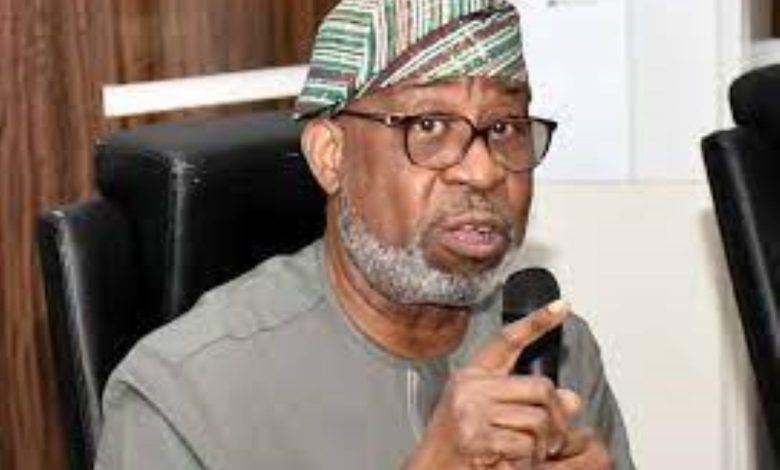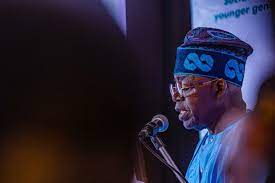
Nigeria’s push to revitalise its mining industry is gaining traction, with two lithium-processing factories slated to commence operations in the second quarter of 2025. The announcement came from Dele Alake, Minister of Solid Minerals, during the BusinessDay Solid Minerals Conference held in Abuja. Themed “Building a Resilient Mining Sector in Nigeria: Leveraging Diplomacy, International Partnership and Regulatory Coherence”, the conference served as a platform for showcasing recent milestones achieved in the sector under the current administration.
According to Alake, the lithium factories represent a major leap toward Nigeria’s industrialisation goals. The first, located in Abuja, has attracted an investment of $700 million, while the second in Nasarawa has secured $600 million. Together, these projects signal Nigeria’s readiness to become a competitive player in the global race for energy transition minerals, particularly lithium, which is critical for electric vehicle batteries and renewable energy storage.
Beyond industrial growth, the government is also intensifying efforts to formalise and sanitise the solid minerals ecosystem. Alake noted that within just a year, more than 250 mining cooperatives have been registered at a pace of about 50 per month aimed at integrating artisanal and small-scale miners into the formal economy. This approach has already yielded considerable results, with over 27,000 jobs created at 90 mine sites reclaimed through the work of the Mining Marshals.
Community engagement remains a central pillar of the new mining policy. Nigeria’s Community Development Agreement (CDA) framework, championed under the Tinubu administration, has become a model for other African nations. Countries like South Africa are now replicating the system, which is designed to ensure that host communities benefit directly from mining activities through shared development projects and improved infrastructure.
Alake also spoke about the role of the newly established Nigerian Mining Company (NMC), set up as a special purpose vehicle to drive investments in the solid minerals space. He pointed out that until now, Nigeria lacked a strategic institutional framework that ensured public participation in the nation’s mineral wealth. The structure of the NMC is intentionally different from past government-run companies, which were often plagued by inefficiencies. Under the new model, the private sector will hold a controlling 50% stake, while the Federal Government and Nigerian citizens will each retain 25%.
The minister believes this equity structure will create a more dynamic and commercially viable institution. “With the private sector’s influence, there is an expectation of more transparent, accountable, and performance-driven operations,” he said. The broader goal, he explained, is to ensure that the mining sector contributes meaningfully to national development, job creation, and revenue diversification.
In terms of exploration, Alake acknowledged the high costs involved but credited President Tinubu’s administration for allocating significant funds to the ministry in the 2025 budget. This support, he said, reflects a renewed commitment to building a strong and self-sustaining mining sector after years of neglect. Alake criticised past economic policies that left Nigeria overly dependent on imports, citing trivial items such as toothpicks and orange juice as examples of the country’s misplaced priorities.
To position Nigeria as a continental leader in solid minerals, the country is now actively engaging in strategic partnerships. A recent Memorandum of Understanding signed with South Africa aims to promote Nigeria’s mineral resources and enhance cross-border cooperation. These efforts have been reinforced by Nigeria’s leadership role in the newly formed Africa Solid Mineral Group, where Alake serves as Chairman. One of the core principles guiding new mining licenses, he revealed, is a commitment to local value addition—a requirement that ensures minerals are processed within Nigeria before export.
As global demand for lithium and other critical minerals accelerates, Nigeria is positioning itself not just as a source of raw materials, but as a hub for downstream processing and industrial activity. With renewed policy direction, investor interest, and international collaboration, the country’s solid minerals sector appears poised to deliver long-term economic transformation.





